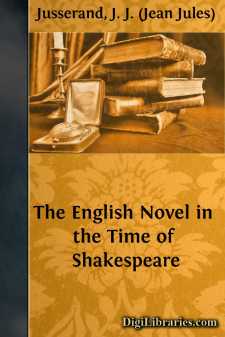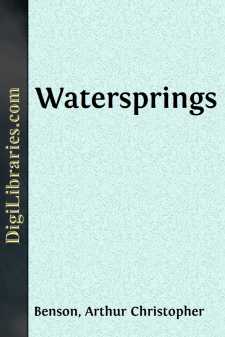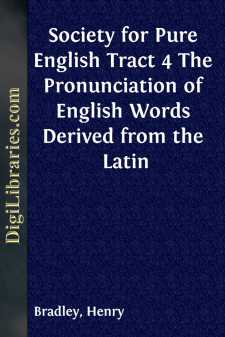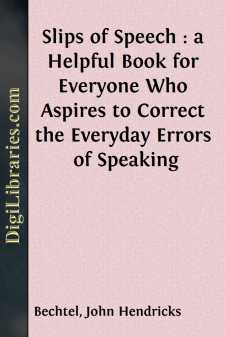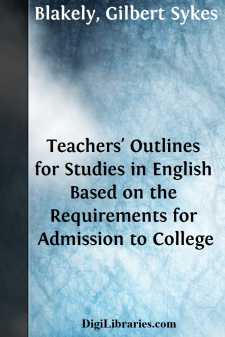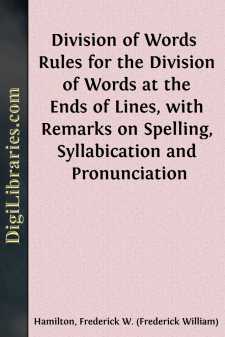Categories
- Antiques & Collectibles 13
- Architecture 36
- Art 48
- Bibles 22
- Biography & Autobiography 813
- Body, Mind & Spirit 142
- Business & Economics 28
- Children's Books 13
- Children's Fiction 10
- Computers 4
- Cooking 94
- Crafts & Hobbies 4
- Drama 346
- Education 46
- Family & Relationships 57
- Fiction 11828
- Games 19
- Gardening 17
- Health & Fitness 34
- History 1377
- House & Home 1
- Humor 147
- Juvenile Fiction 1873
- Juvenile Nonfiction 202
- Language Arts & Disciplines 88
- Law 16
- Literary Collections 686
- Literary Criticism 179
- Mathematics 13
- Medical 41
- Music 40
- Nature 179
- Non-Classifiable 1768
- Performing Arts 7
- Periodicals 1453
- Philosophy 64
- Photography 2
- Poetry 896
- Political Science 203
- Psychology 42
- Reference 154
- Religion 513
- Science 126
- Self-Help 84
- Social Science 81
- Sports & Recreation 34
- Study Aids 3
- Technology & Engineering 59
- Transportation 23
- Travel 463
- True Crime 29
Sort by:
INTRODUCTION. The London publishers annually issue statistics of the works that have appeared in England during the year. Sometimes sermons and books on theology reach the highest figures; England is still the England of the Bible, the country that at the time of the Reformation produced three hundred and twenty-six editions of the Scriptures in less than a century, and whose religious literature is so...
more...
I The bright pale February sunlight lay on the little court of Beaufort College, Cambridge, on the old dull-red smoke-stained brick, the stone mullions and mouldings, the Hall oriel, the ivied buttresses and battlements, the turrets, the tiled roofs, the quaint chimneys, and the lead-topped cupola over all. Half the court was in shadow. It was incredibly picturesque, but it had somehow the look of a...
more...
by:
William Swinton
PREFACE. The present text-book is a new-modeling and rewriting of Swinton's Word-Analysis, first published in 1871. It has grown out of a large amount of testimony to the effect that the older book, while valuable as a manual of methods, in the hands of teachers, is deficient in practice-work for pupils. This testimony dictated a double procedure: first, to retain the old methods; secondly, to add...
more...
Word study and English grammar are important to the young printer for several reasons. In the first place, disregard of the correct use and combination of words is a distinct mark of inferiority and a serious bar to business and social advancement. A man's use of words is commonly taken as a measure of his knowledge and even of his intelligence. Carelessness in this regard often causes a man to be...
more...
by:
Joseph Devlin
CHAPTER I REQUIREMENTS OF SPEECH Vocabulary—Parts of Speech—Requisites It is very easy to learn how to speak and write correctly, as for all purposes of ordinary conversation and communication, only about 2,000 different words are required. The mastery of just twenty hundred words, the knowing where to place them, will make us not masters of the English language, but masters of correct speaking and...
more...
by:
Henry Bradley
ON THE PRONUNCIATION OF ENGLISH WORDS DERIVED FROM LATIN [This paper may perhaps need a few words of introduction concerning the history of the pronunciation of Latin in England. The Latin taught by Pope Gregory's missionaries to their English converts at the beginning of the seventh century was a living language. Its pronunciation, in the mouths of educated people when they spoke carefully, was...
more...
I shall read, We shall read,You will read, You will read,He will read, They will read. But when I desire to show determination on my part to do a certain thing, or when I exercise my authority over another, or express promise, command, or threat, will is used in the first person and shall in the second and third; as, I will read, We will read,You shall read, You shall read,He shall read, They shall...
more...
LECTURE I. GENERAL VIEW OF LANGUAGE. Study of Language long considered difficult. — Its importance. — Errors in teaching. — Not understood by Teachers. — Attachment to old systems. — Improvement preferable. — The subject important. — Its advantages. — Principles laid down. — Orthography. — Etymology. — Syntax. — Prosody. Ladies and Gentlemen, It is proposed to commence, this...
more...
I. THE TEACHING OF THE NOVEL All will agree that the novel is one of the most important forms of literature for high school study. The fact that almost every boy and girl who is at all interested in reading likes the novel, gives the teacher an excellent opportunity to stimulate the pupil's love for literature and to help him to discriminate between what is true and what is false; between what is...
more...
SPELLING The idea that there is one right way to combine the letters representing a certain sound or group of sounds, that is a word, and that all other ways are wrong and little short of shameful is a comparatively new idea among us. The English speaking folk held down to a comparatively recent time that any group of letters which approximately represented the sound was amply sufficient as a symbol of...
more...


